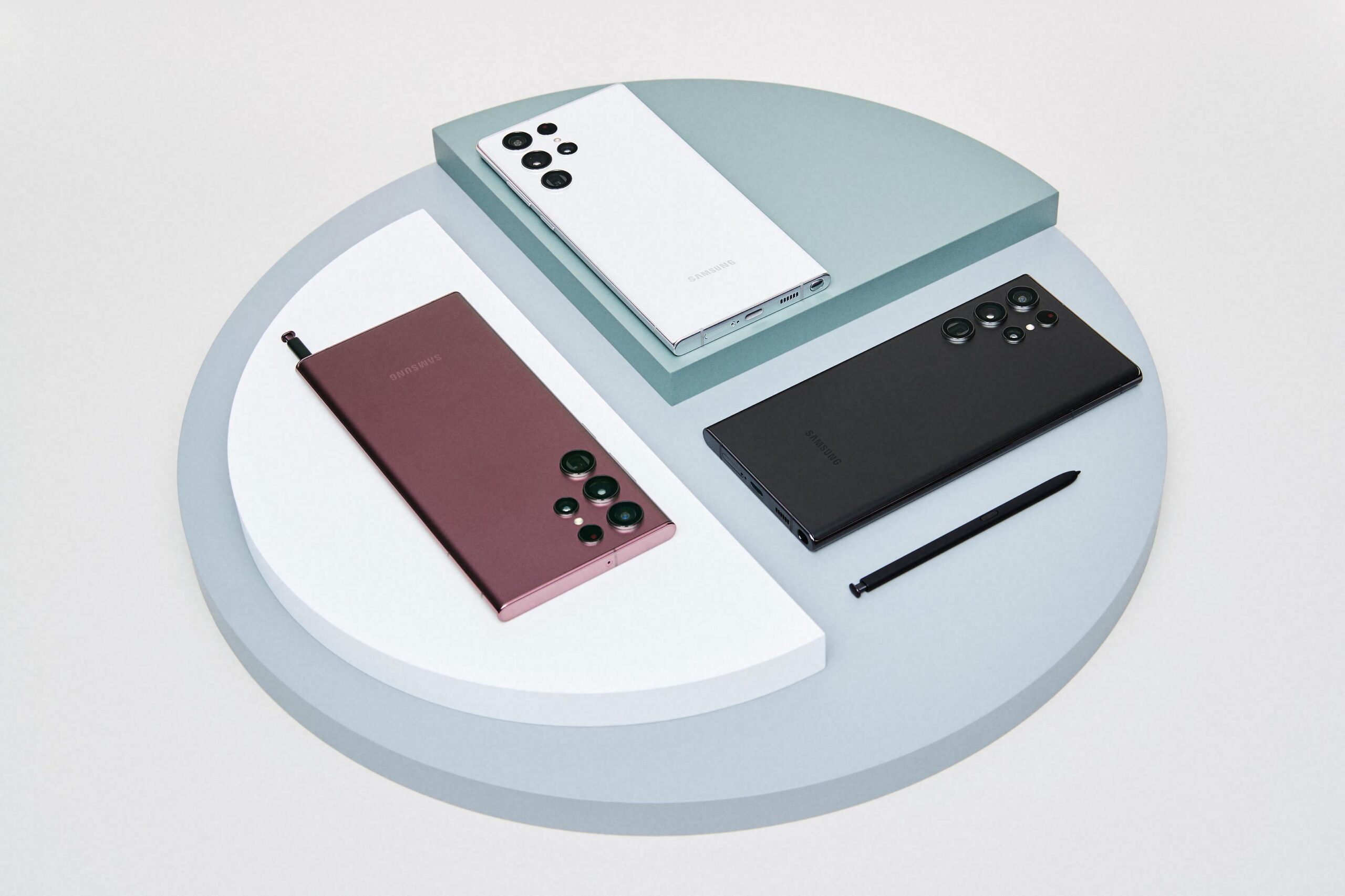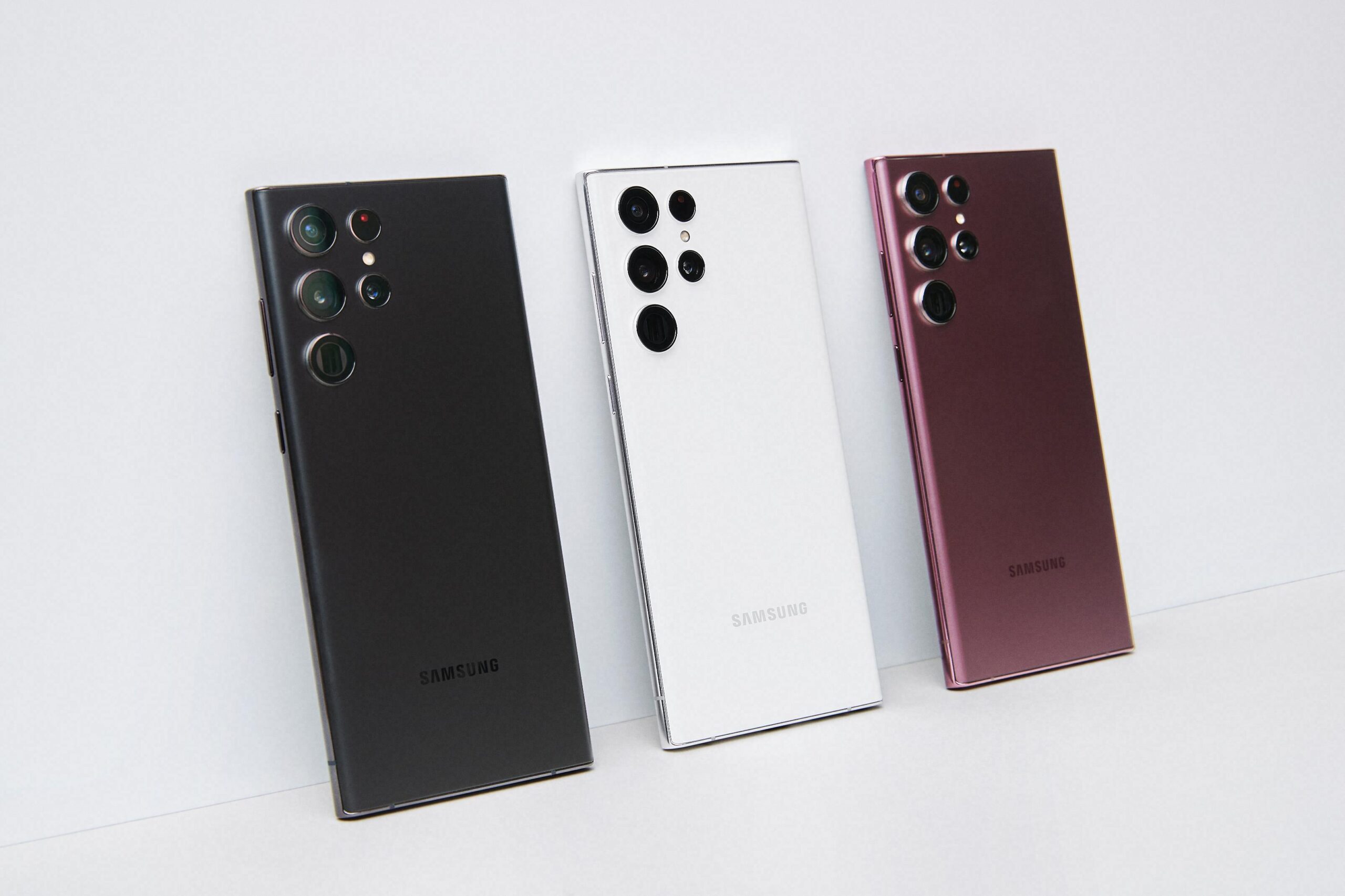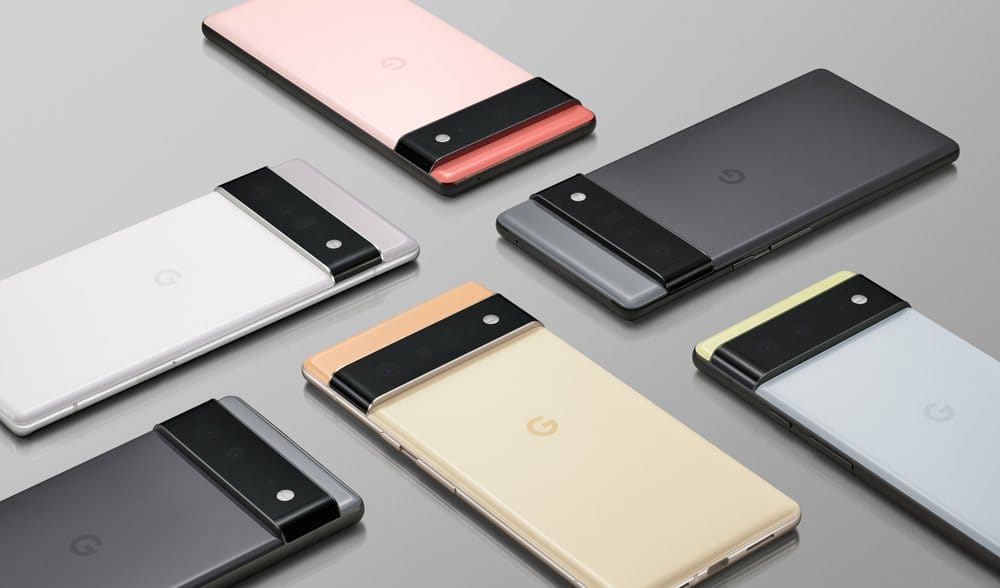The iPhone 14 will not receive a new chip, at least this is rumored across the Apple community. According to various leaks and speculations, only the Pro models should get the newer Apple A16 Bionic chipset, while the standard models simply have to settle for last year's. But the question is whether it is actually wrong on Apple's part, or whether it should rather not go the traditional route.
It could be interest you
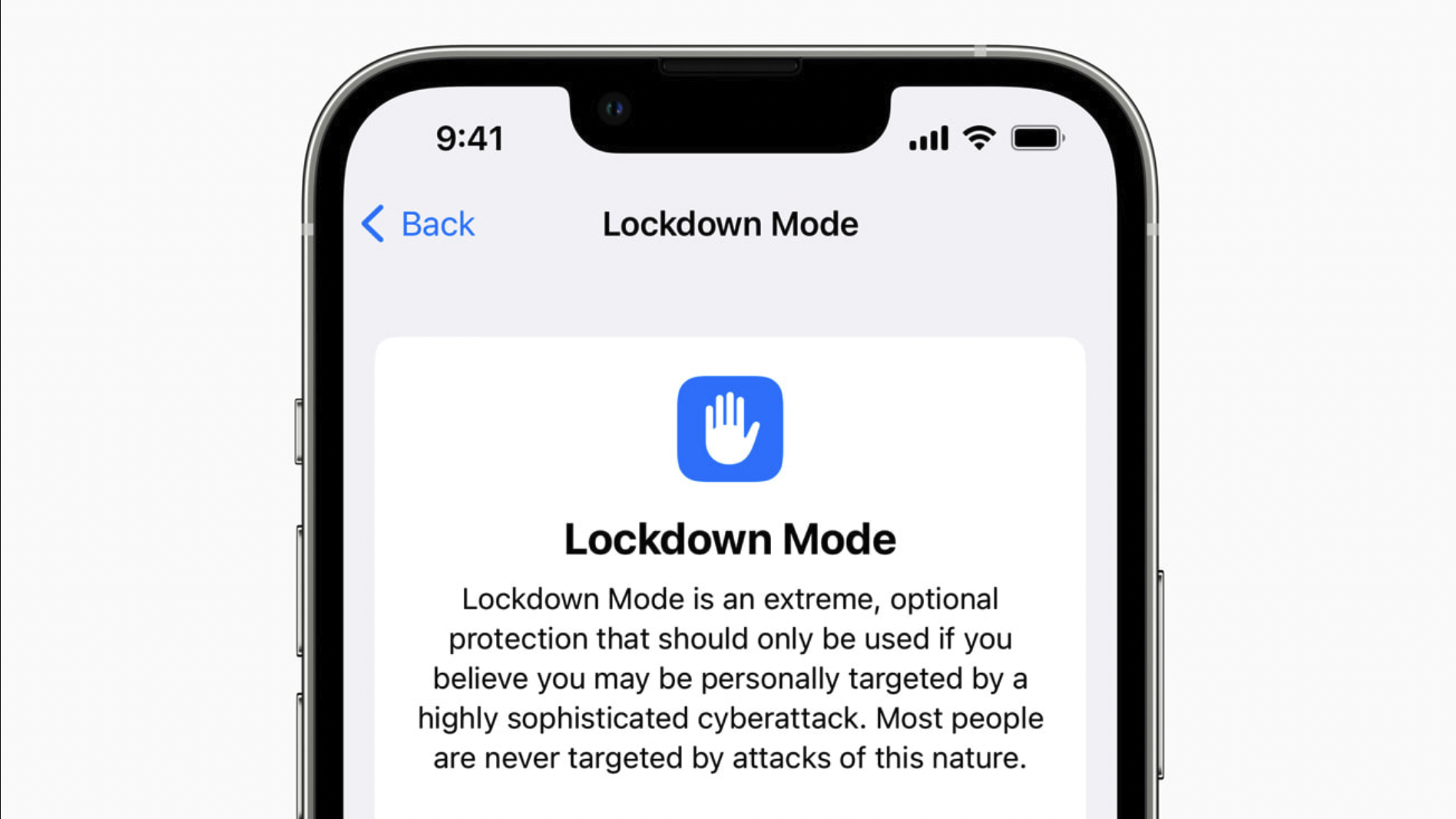
Let's leave aside whether this is the right move from Apple. Let's focus on competing phones instead. Is it normal for competing brands to equip only their "pro" models with the best chips, while the weaker pieces of the same generation are not so lucky? This is exactly what we will now look at together to see how other manufacturers are actually doing. In the end, they are slightly different from Apple.
Competition flags make no difference
If we look at the world of competing flagships, we come across an interesting finding. For example, the Samsung Galaxy S22 series, which consists of a total of three models – Galaxy S22, Galaxy S22+ and Galaxy S22 Ultra, could be considered a direct competitor of current iPhones. These are some of the best phones out there and they definitely have a lot to show off. But when we look at their chipset, we find the same answer in all three cases. All models rely on the Exynos 2200, which is even based on the 4nm production process. However, behind the imaginary gates of Europe, you can still encounter the use of the Snapdragon 8 Gen 1 chip (again on the 4nm production process). But the core is the same – theoretically we won't find any differences in performance here, as Samsung relies on the same chips across the entire generation.
We will not encounter any difference even in the case of other phones. We can also mention, for example, the Xiaomi 12 Pro and Xiaomi 12, which also rely on the Snapdragon 8 Gen 1. It is practically no different even with smartphones from Google. Its current offer is dominated by the Pixel 6 Pro, alongside which the Pixel 6 is still sold. Both models rely on Google's own Tensor chipset in combination with the Titan M2 security coprocessor.
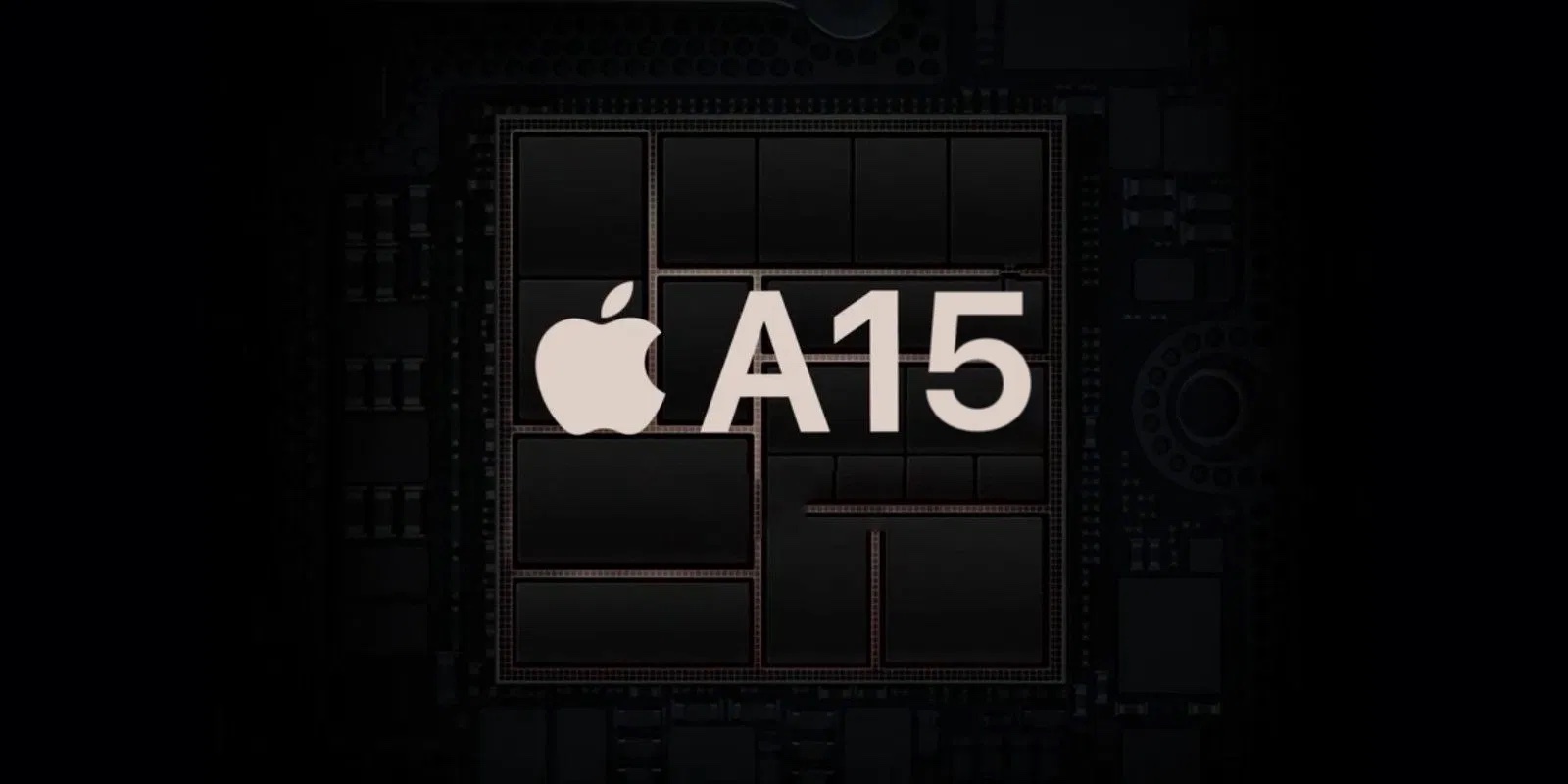
Why does Apple want to use last year's chip?
Of course, the question is also why Apple actually wants to use last year's Apple A15 Bionic chip, when it can go straight for a newer, and above all, more powerful version. In this regard, perhaps only one explanation is offered. The Cupertino giant simply wants to save money. After all, one can count on the fact that the A15 Bionic chip has significantly more at its disposal, as it puts them not only in the current iPhones, but also in the iPhone SE 3rd generation, the iPad mini, and quite possibly will bet on it in the next generation iPad as well. In this respect, it is easier to rely on relatively older technology, while leaving the newer one, which must of course be more expensive, exclusively for Pro models. Do you think Apple is making the right move or should it stick to its old ways?
It could be interest you
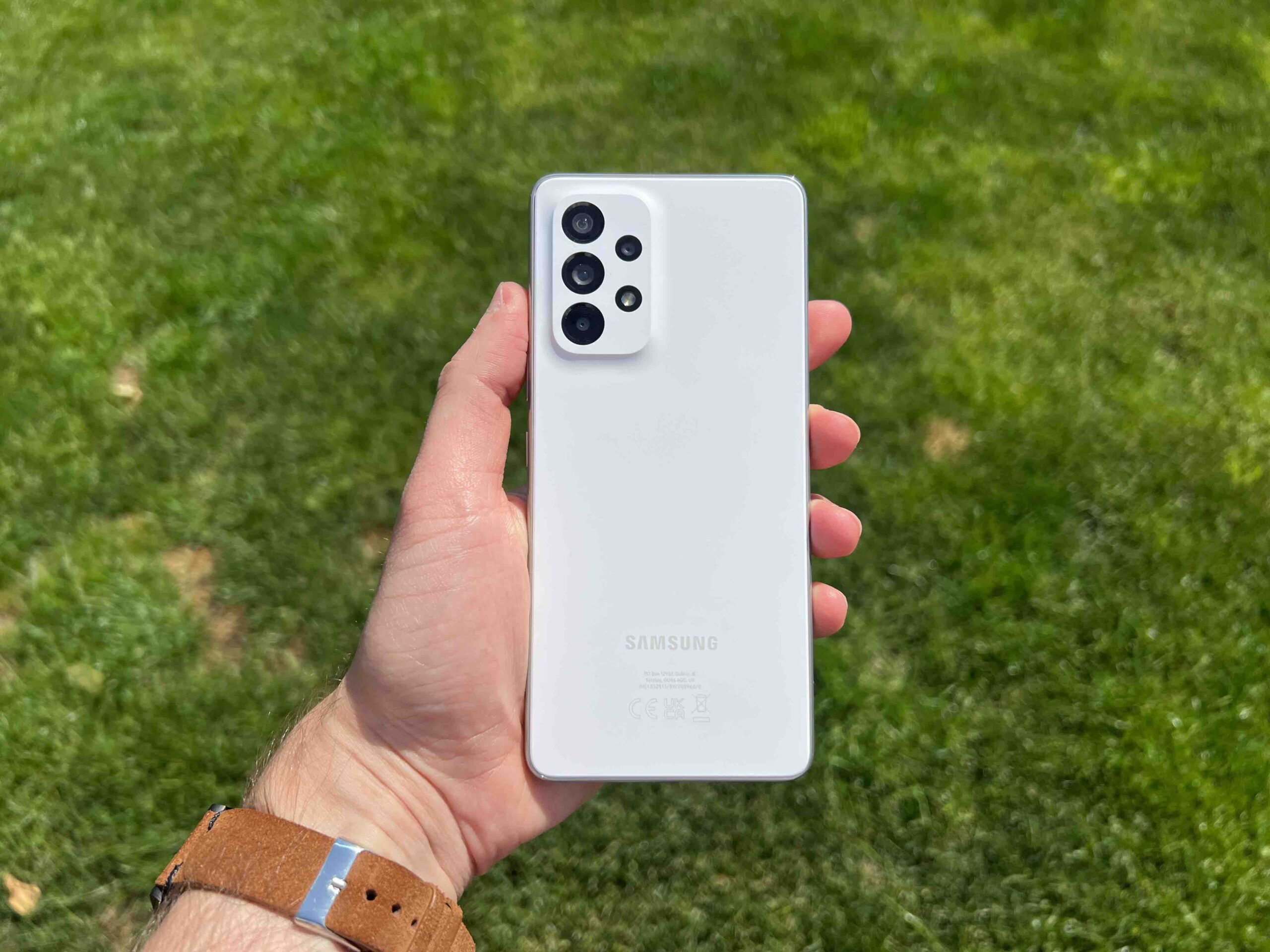
 Adam Kos
Adam Kos 